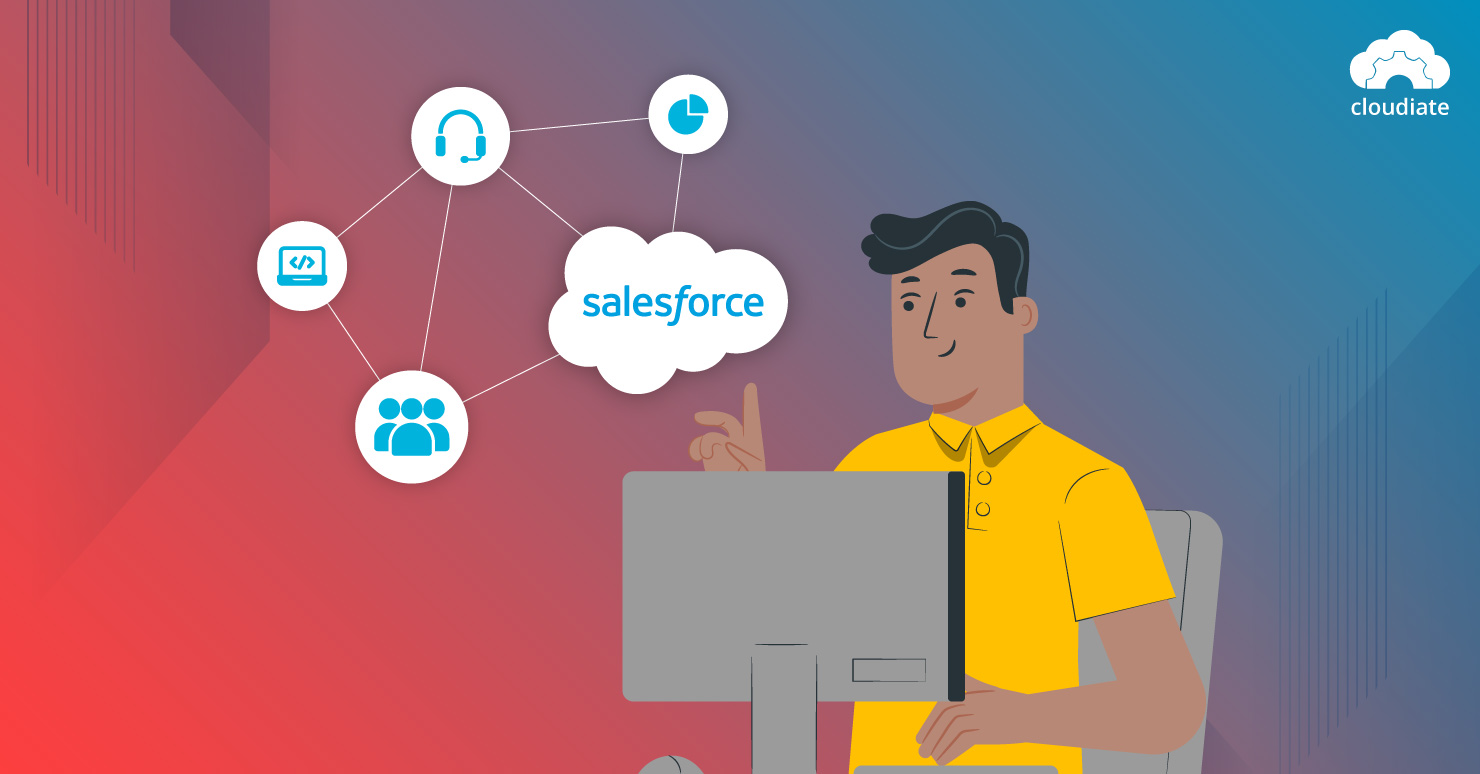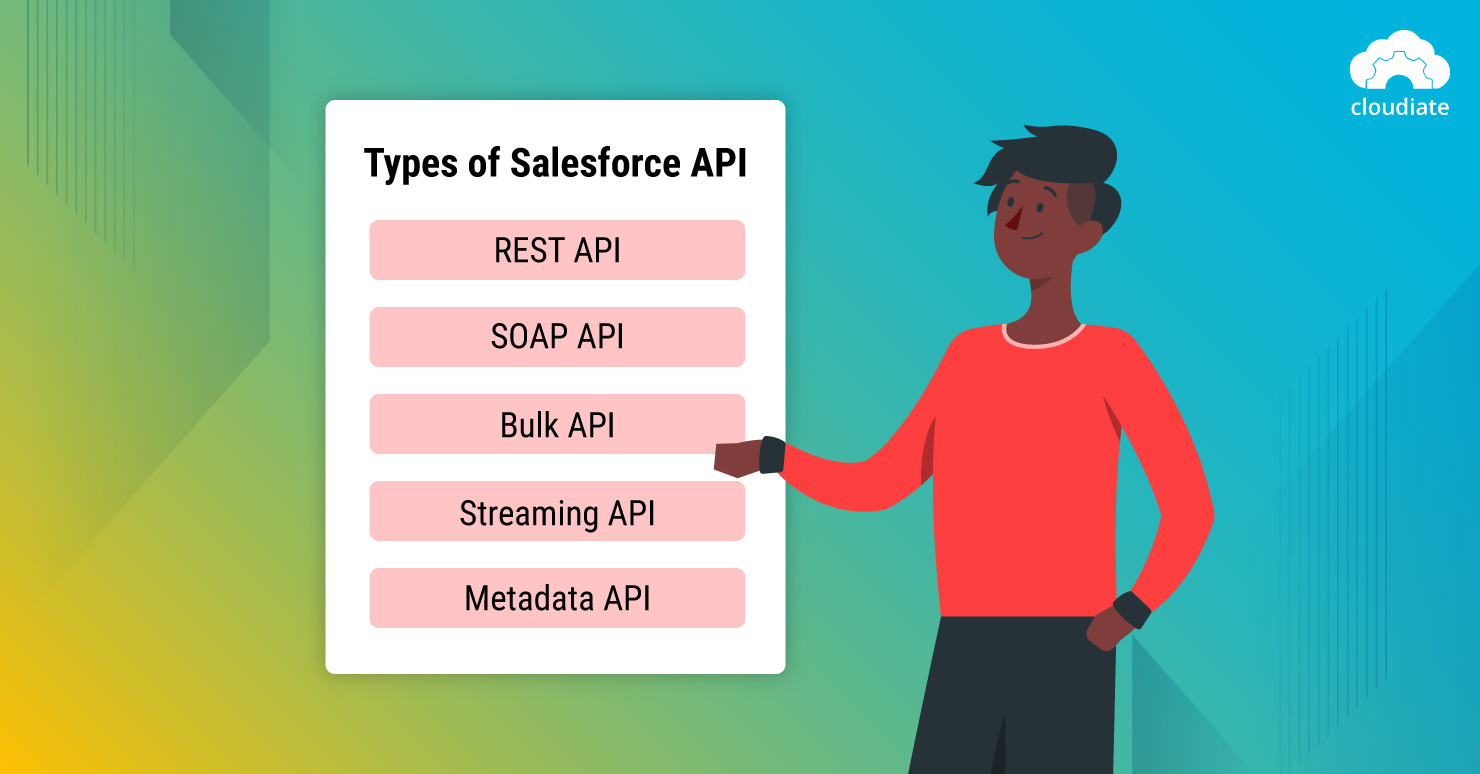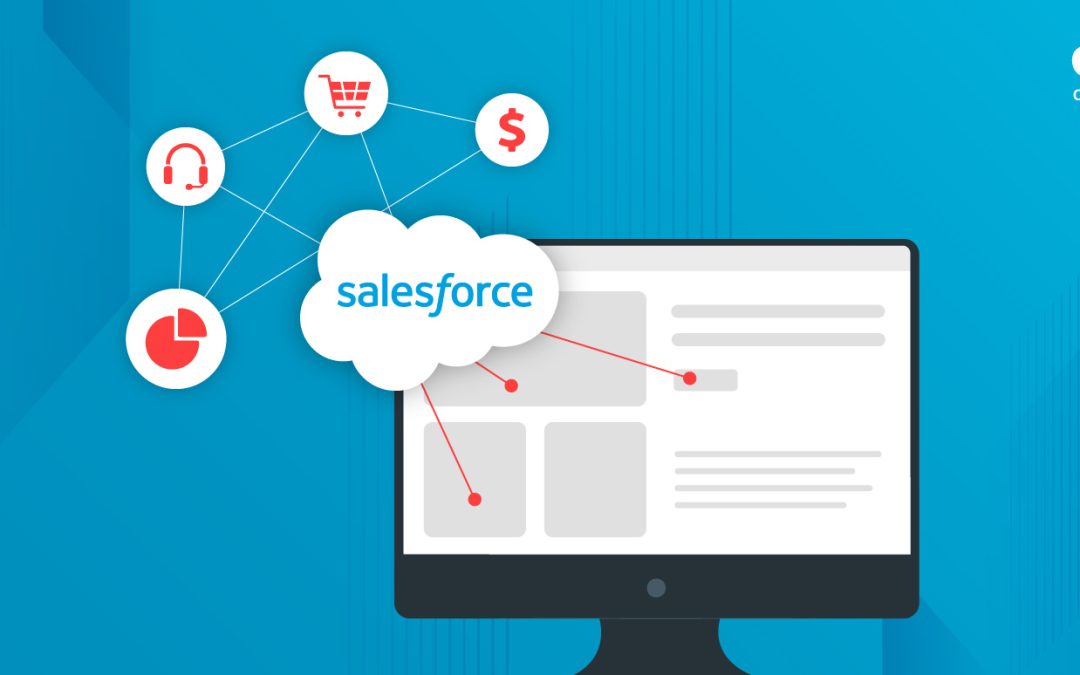It is no surprise that superior customer experiences rule in today’s era. With 61% of customers ready to pay more for a positive experience, businesses need to do everything to become customer-focused. This is why digital transformation has become a priority for all business leaders. It is an excellent way to scale your business, retain customers, and remain competitive.
But digital transformation can be tricky, so it makes sense for companies to deploy the best technologies available at their disposal. As businesses constantly try to connect with customers through websites, blogs, and support systems, they must process information at the speed of lightning. This is where APIs come into play. APIs help multiple devices connect and interact over the internet, ranging from e-commerce, procurement systems, and accounting systems.
What’s fascinating is that Salesforce offers multiple API integrations to ensure that your company successfully fulfils every customer demand. If you want to learn more about Salesforce API, here is a guide for some much-needed clarity.
Why Should You Use Salesforce API?

As stated above, Salesforce API enables multiple devices to exchange information over the internet. They offer built-in connectivity that opens up many opportunities for companies to scale their operations. By processing information from data points, the device provides the customers with the details or the resolution they desire.
For instance, when you wear a smartwatch, it generates and stores a lot of data about your fitness cycle and general details about your heart rate, stress level, and more. But the reviewing capabilities are limited. The best thing is that you can synchronize the data from your watch to your phone screen via API. With a smartphone app, you can review your activities to get a complete picture of your fitness journey, generating better value. Through Salesforce API, you can enable valuable features in your product to create a better customer experience. Let’s review the key benefits of using them for your business!
1. Offering You a World of Connectivity
Salesforce provides a plethora of integrations to help developers access, modify, and report an organization’s data and integrate it with anything. With the help of these integrations, you can seamlessly connect data, people, and systems, creating a vast and connected ecosystem. Furthermore, there is no limit to the number of people or providers participating in the ecosystem.
2. Fostering Better Opportunities for Innovation
Smartphones and the internet are shaping our lives in a significant way. But 89% of business leaders report data silos as an obstacle in their digital transformation journey. As Salesforce APIs are reusable, they are a secure and flexible way to unlock the potential of data. Developers can leverage them as building blocks to focus on making applications with maximum functionality.
For instance, many food delivery applications use Google Maps API integrations to help customers track their food orders. The added API functionality can be a game-changer for your business against the competition. Similarly, you can create innovative opportunities using API integrations on the Salesforce platform.
3. Increased Productivity for Developers
When developers think about creating a new feature, they don’t usually write the code from scratch. Salesforce APIs help developers use existing code whenever and wherever possible. That way, you can minimize the time to develop an application and increase the agility of your business. As a result, businesses can now achieve results in a fraction of the time they spent earlier. Furthermore, the CRM platform offers developers the flexibility to manipulate data in whichever way they want.
What are the Types of Salesforce API?

Salesforce offers an ocean of features to power your operations and provides the best customer experience. The same goes for APIs. The platform provides developers with multiple integrations they can use to build exciting applications. Before you dive deep into this world, it is wise to know the most common Salesforce APIs you can use to develop advanced applications.
1. REST API
The REST API mainly focuses on the REST protocol and allows for interactions with the REST web services. The integration particularly supports web and mobile applications as it is a light framework that is easy to use and offers many scalable opportunities. They also support multiple data formats.
2. SOAP API
SOAP API is a powerful and robust web service based on the protocol of the same name. Most of the functionality of this API is available through the REST API. The API helps in writing server-to-integrations and supports XML only. It is for real-time applications that update fewer records at a time.
3. Bulk API
Bulk API is a specialized version of the REST API for loading and querying tons of data at once. As it is asynchronous, you can submit a request and come later for the results. It makes it simple to process data from a few thousand to millions of records.
4. Streaming API
As the name suggests, this API enables real-time streaming of event messages using push technology and has a subscription method for receiving notifications in real-time. It helps applications that require frequent polling. The quick delivery of data is where the value of this API lies.
5. Metadata API
The Metadata API doesn’t work with data but updates metadata by making them move between Salesforce Orgs during the development process. Whether you want to update visual pages, apex triggers, or classes, metadata API helps in delivering value. It also builds tools to manage metadata and customizations.
Wrapping Up!
Most entrepreneurs believe that only big-shot companies have the upper hand when it comes to experimentation. But in today’s era, any company can innovate. As Salesforce APIs grow in popularity, they also offer many opportunities to businesses to leverage the next-generation technologies like AI, IoT, and Blockchain to accelerate innovation and create new things.
Armed with knowledge and the right Salesforce implementation partners, like Cloudiate, you can create cutting-edge applications that will attract customers, enhance their experience, and ultimately drive your revenue.

